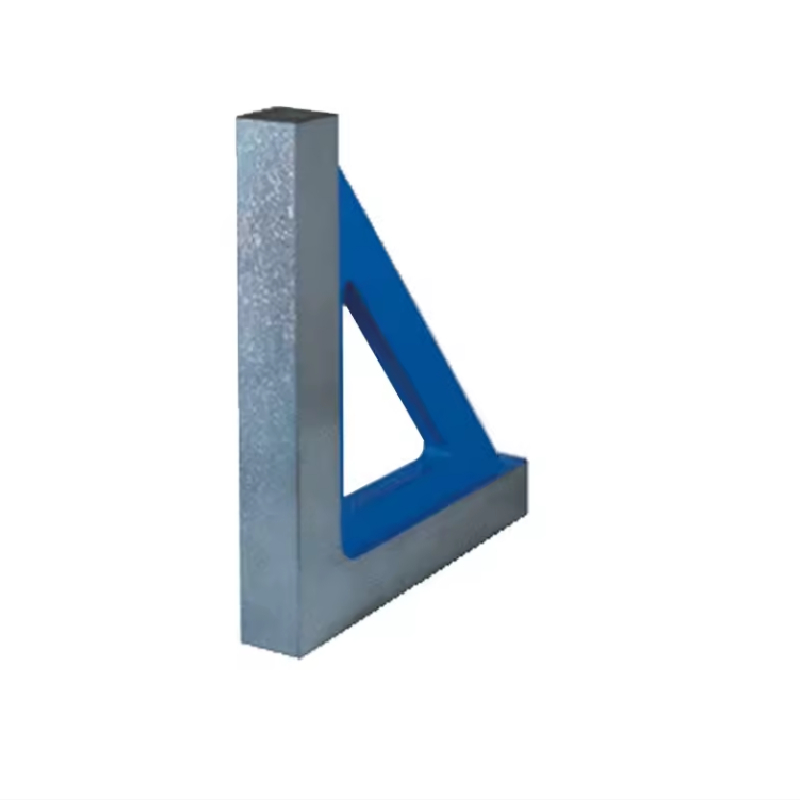ធ្នូ . 26, 2024 09:17 Back to list
Exploring Different Types of Check Valves and Their Applications in Practical Use
Understanding the 5 Types of Check Valves
Check valves are essential components in various industrial applications, allowing fluid to flow in one direction while preventing backflow. They are crucial in maintaining system integrity, protecting equipment, and ensuring operational efficiency. There are several types of check valves available, each designed for specific applications and performance criteria. Below, we will explore five common types of check valves, their functions, and appropriate uses.
1. Swing Check Valve
The swing check valve is one of the most widely used types of check valves. It features a hinged disc that swings open to allow fluid flow and swings closed under the influence of backpressure. This design is particularly effective for systems with low to moderate flow rates. The swing check valve is often used in water and wastewater treatment, as well as in various piping applications. Its primary advantage is its low-pressure drop compared to other check valves, making it suitable for many applications.
2. Lift Check Valve
Lift check valves operate similarly to swing check valves but with a vertical lift mechanism. The valve disc is raised off its seat by fluid flow, allowing it to pass through the valve. When the flow reverses, the disc returns to its seat, preventing backflow. Lift check valves are often used in high-pressure applications and are compatible with various flow rates. Their robust construction makes them ideal for steam, gas, and liquid services, especially in power plants and chemical processing units.
3
. Ball Check Valve5 types of check valves

The ball check valve employs a spherical ball that sits in a recess within the valve body. When the flow direction is correct, the ball is lifted off its seat, allowing fluid to pass. Conversely, when the flow reverses, the ball seals off the flow path, preventing backflow. This type of valve is highly effective in preventing reverse flow in low-pressure applications and is often used in sump pumps and similar equipment. The simplicity of the ball check valve design ensures reliable function across a variety of conditions.
4. Diaphragm Check Valve
Diaphragm check valves use a flexible diaphragm to control the flow of fluid. When fluid flows in the correct direction, the diaphragm moves upward, allowing flow. If backflow occurs, the diaphragm seals against the valve body. Diaphragm check valves are particularly useful in applications involving corrosive liquids or slurries, as they prevent direct contact between the fluid and the valve mechanism. Their design minimizes the risk of leaks and makes them suitable for sanitary applications, such as pharmaceuticals and food processing.
5. Spring Check Valve
A spring check valve utilizes a spring-loaded disc or ball which closes the valve when backflow occurs. The spring ensures that the disc returns quickly to its seated position, providing a reliable seal against reverse flow. This type of check valve is often used in systems where quick reaction to backflow is critical, such as in pumps and compressors. Additionally, their compact design makes them suitable for installations where space is a constraint.
Conclusion
Understanding the different types of check valves is essential for engineers, maintenance personnel, and plant operators. Each type serves a specific function and is designed for different applications based on pressure, flow rates, and the nature of the fluid. Selecting the appropriate check valve can significantly improve system performance, enhance safety, and prevent costly downtime. As industries continue to evolve, so too will the designs and applications of check valves, making them a vital component in fluid control systems around the world.
-
Why Metric Trapezoidal Thread is Ideal for Precision Motion ControlNewsAug.05,2025
-
The Unique Properties of a Block of Granite for Industrial UseNewsAug.05,2025
-
The Role of Flanged Y Strainers in Preventing Pipeline ClogsNewsAug.05,2025
-
The Importance of Regular Calibration for Master Ring GagesNewsAug.05,2025
-
How a Cast Iron Surface Table Enhances Accuracy in ManufacturingNewsAug.05,2025
-
Comparing Different Check Valve Types for Optimal Flow ControlNewsAug.05,2025
Related PRODUCTS









